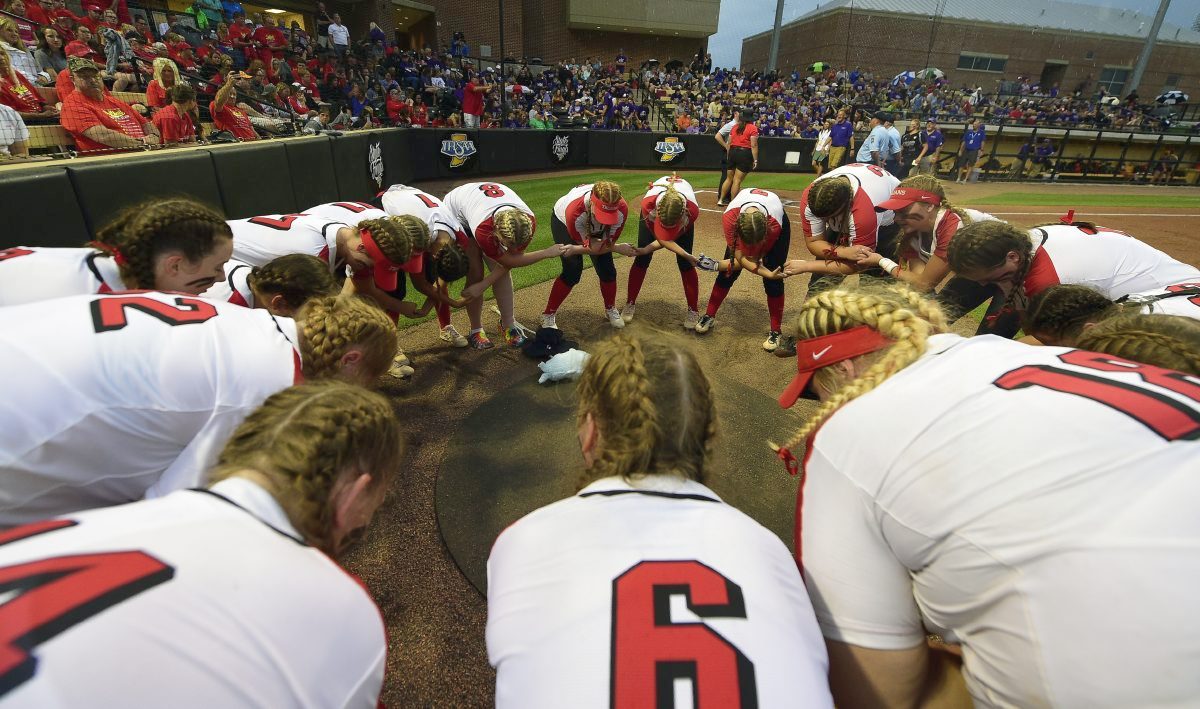<p>All across Johnson County, athletic fields sit bare and unused.</p><p>Baseball and softball fields, tracks and tennis courts are all empty. No bats pinging or cracking against a ball, no chatter from the dugouts, no fans sitting in the bleachers and cheering.</p><p>No fans, of course, means no ticket sales — which means the loss of a full season of revenue for local athletic departments. But on the flip side, not having any events this spring also means not having to shell out money for bus trips or officials.</p><p>The athletic departments at county high schools and at Franklin College generate most of their income, not surprisingly, from football and basketball ticket sales. There is no comparable money-maker in the spring, so while the numbers vary slightly from school to school, it turns out that the damage caused by this lost season will likely be minimal.</p><p>"Honestly, it’s probably a wash," Indian Creek athletic director Derek Perry said. "We do not profit much, if any, from spring sports."</p><p>"Spring sports are expensive," Whiteland AD Ken Sears added. "We lose money in baseball, softball, tennis and golf. Track usually does okay. But between balls, umpires, uniforms, we always lose money in the spring. Uniforms and balls are already bought, but we will be fine. Revenue from tickets never cover the costs."</p><p>Franklin College had already started its spring season, so its window of opportunity for saving on expenses had already closed — according to baseball coach and interim AD Lance Marshall, the bulk of the Grizzlies’ expenses in the spring come are tied to the baseball and softball teams’ annual trips to Florida, which had just been completed before the remainder of the schedule was wiped out in mid-March.</p><p>Spring isn’t always a net loss for every school. At Center Grove, where the baseball and softball teams were both expected to be ranked among the top five or 10 in the state this year, athletic director Jon Zwitt thought the Trojans actually had a good chance to end up in the black in 2020.</p><p>Losing that potential revenue, though, doesn’t concern Zwitt as much as what might happen if the pandemic ends up stretching out into the fall. The bottom line at county schools won’t be impacted much by the absence of baseball and softball, but if football games start getting wiped out, that’s a very different story — especially at Center Grove, which goes into the 2020 campaign almost certain to be the state’s No. 1-ranked team.</p><p>Even if the pandemic itself isn’t forcing people to stay away from the field, the lingering psychological effects might.</p><p>"Obviously, with lots of time on my hands, I’ve been thinking beyond this spring," Zwitt said. "It will be interesting to see, if this virus lingers around for a while, how long it will take people to feel comfortable with packing into high school and college and professional stadiums.</p><p>"It worries me about this fall, and maybe some time to come, how much all of this social distancing and ‘hermit lifestyle’ will affect attendance. Until they come up with a vaccine, it might spiral for a while."</p><p>Those possibilities are certainly hanging out there as the number of COVID-19 cases in Indiana and nationwide continue to grow without much sign of tapering off. But not everybody is letting themselves get preoccupied by unknowns just yet.</p><p>"Quite honestly, I’m just taking it day by day right now," Marshall said. "It seems like things have changed … by the minute with the situation, so I suspect it will continue to change as we move forward."</p><p>Whether it changes for the better or for the worse remains to be seen.</p>
Nobody covers Johnson County and the surrounding areas like the Daily Journal.
30 S. Water St., Second floor, Suite A, Franklin, IN 46131
Phone: (317) 736-7101
Toll free: (888) 736-7101
All text, photos, graphics, artwork and other material on this site are copyrighted and may not be published, broadcast, rewritten or redistributed without permission.
Contact us: [email protected]
© Copyright AIM Media Indiana, LLC





